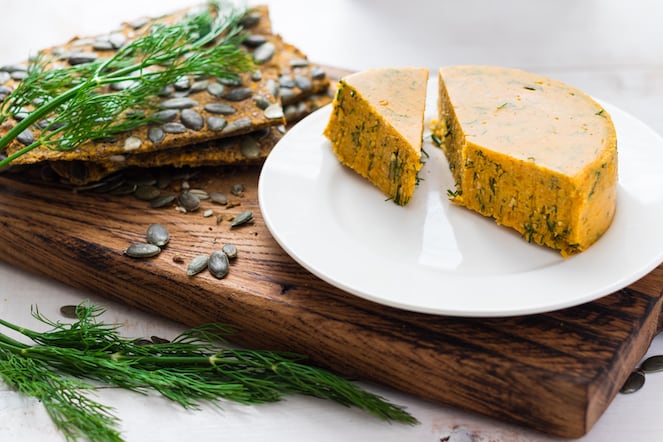Its survey of 2,000 consumers revealed that a vegan diet is proving more attractive to over one in ten (12%) of all Brits, rising to almost a quarter (22%) of Londoners, since the start of the pandemic.
This comes as the Mintel research also found that there is a strong belief in the healing power of plants, as half of Brits (51%) believe plant/botanical ingredients (eg herbs, spices) can have medicinal benefits (ie treating ailments).
Five a day was revealed to be a higher priority too, as a quarter (23%) said they are eating more fruit and vegetables since the start of the outbreak.
Generation Z (aged 20 and under) (31%) and Millennials (27%) are most likely to be keeping their fridges well-stocked with this healthy produce.
Immune system
Two thirds (66%) of Brits believe consuming vitamin C helps support the immune system and overall almost two in five (37%) Brits say the COVID-19 outbreak has prompted them to add more nutrients that support the immune system to their diet.
The lockdown has also had a lasting impact on eating habits as almost two in five (37%) consumers believe that, in the future, people will buy long-life food and drink more often as a result of the COVID-19 outbreak, rising to almost half (47%) of Gen Z and Millennials (45%).
One in seven Brits (17%) have been eating more tinned food since COVID-19, rising to a quarter (25%) of Gen Z and one in five (21%) Millennials.
Prompting a ‘waste not want not’ mentality, almost seven in ten (69%) Brits revealed that the outbreak had encouraged them to waste less food at home.
Cooking and baking
The Mintel research also revealed that the virus has created a long-term interest in cooking and baking as more than half (55%) of the nation say they plan on cooking more from scratch post-COVID-19 than they did before.
Alex Beckett, associate director, Mintel Food & Drink, said: “For consumers struggling to know how to make a positive difference, cutting out animal protein may be seen as a way of tackling the climate crisis, showing compassion for nature, and boosting their own nutrient intake.”
Beckett added that before the outbreak, younger people generally opted for convenient, fresh food that did not take long to prepare.
“But under lockdown, with more time at home and no restaurants or cafes open for business, long-life food has had clear advantages. It doesn’t take up precious fridge space and lasts a good while, making it suitable for quarantine-living and resulting in fewer shopping trips. It’s affordable, often nutritious, and, in the case of tinned veg or fruit, suits our rekindled fondness for cooking from scratch.”
Plant-based food company Meatless Farm has revealed it is to launch in supermarket chain Tesco, following the plant-based boom during the lockdown.




